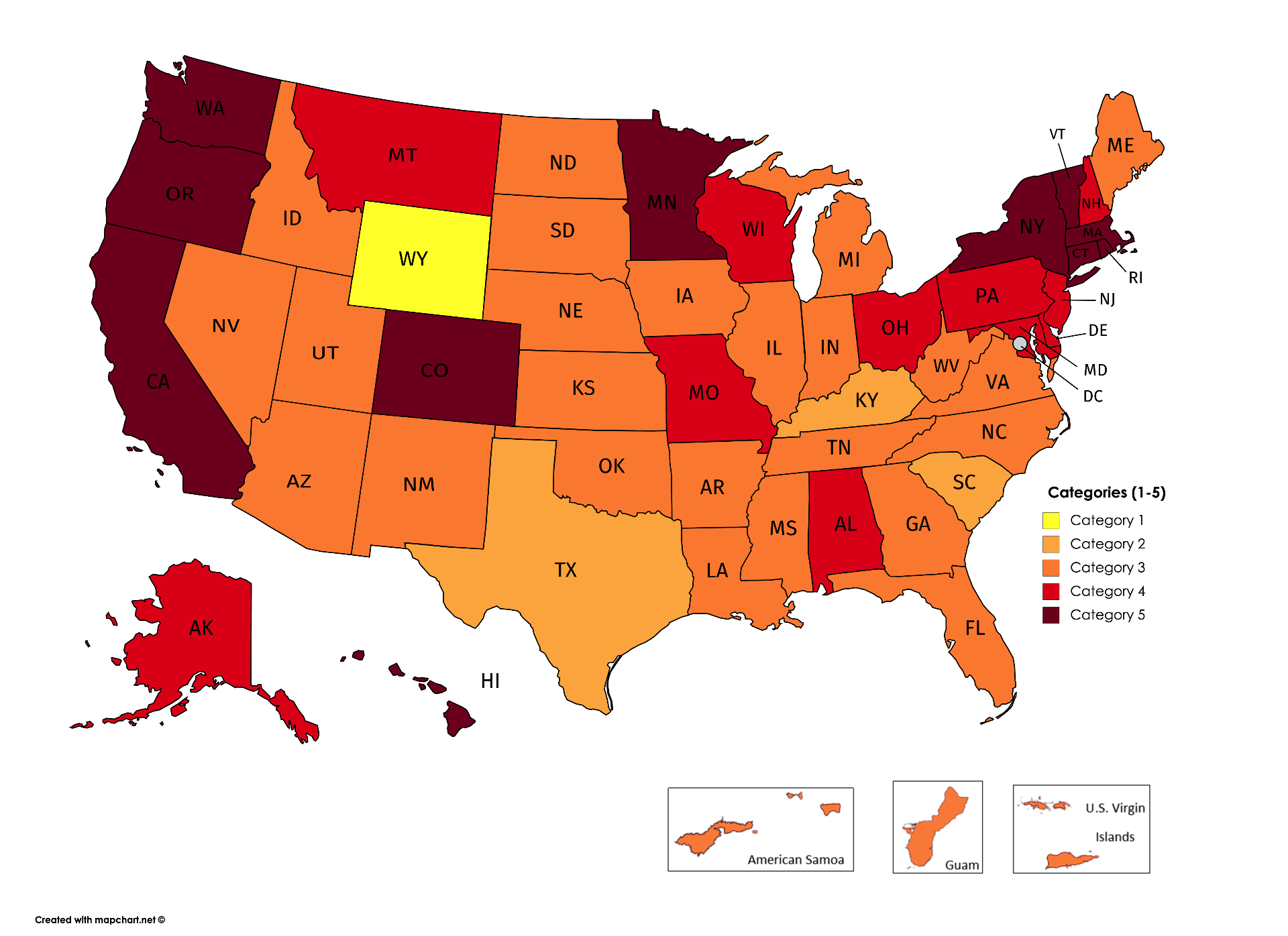by Michael Burger & Justin Gundlach
The U.S. Centers for Disease Control and Prevention (CDC) has canceled a conference in Atlanta on climate change and public health. The decision, as reported yesterday by E&E News and the Washington Post, seems to have been the result of an internal decision made with the expectation that the Trump Administration would have instructed the CDC to cancel the event anyway.
The CDC’s decision is unfortunate, as is the broader reality it reflects. Climate change is already having material—and in some instances severe—adverse impacts on public health, and such impacts are expected to worsen as the effects of climate change become more pronounced. Yet the Trump Administration has signaled through its statements, appointments, and initial policy announcements that addressing climate change and protecting public health do not rank high among its goals.
The Sabin Center has highlighted the public health implications of climate change, and of failing to adapt to climate change, elsewhere. Michael Burger articulated why these considerations argue strongly against installing Scott Pruitt as EPA Administrator. And the amicus brief he and Justin Gundlach filed on behalf of the National League of Cities, the U.S. Conference of Mayors and over 50 U.S. local governments in the Clean Power Plan litigation describes how those organizations and governments have recognized and are working to respond to public health threats from climate change. The CDC has an essential role to play in developing approaches to effective adaptation—chiefly the BRACE framework—and in facilitating efforts by state and local governments to incorporate that framework into long- and short-term responses to public health risks associated with climate change. Consistent with the Center’s efforts to date, and informed in part by work done by the CDC, Mike Burger and Justin Gundlach have gathered a group of authors to contribute to a new book: Climate Change and Public Health Law, to be published by Cambridge University Press. The book will provide a map for researchers and practitioners of the linkages between climate change, public health impacts and environmental and public health law and policy.
The cancellation of the CDC conference is an unnecessary and self-defeating politicization of an extraordinary public health risk. And the apparent intention of the Trump Administration to leave so much important work undone by CDC, if followed through on, would be an abdication of executive authority. As in so many areas, it may be up to states and local governments to mobilize resources in order to fill the gaps, and to continue to generate useful insights into what the changing climate means for key policy areas and what legal tools are—or are not, but should be—available to address looming threats to public health.


